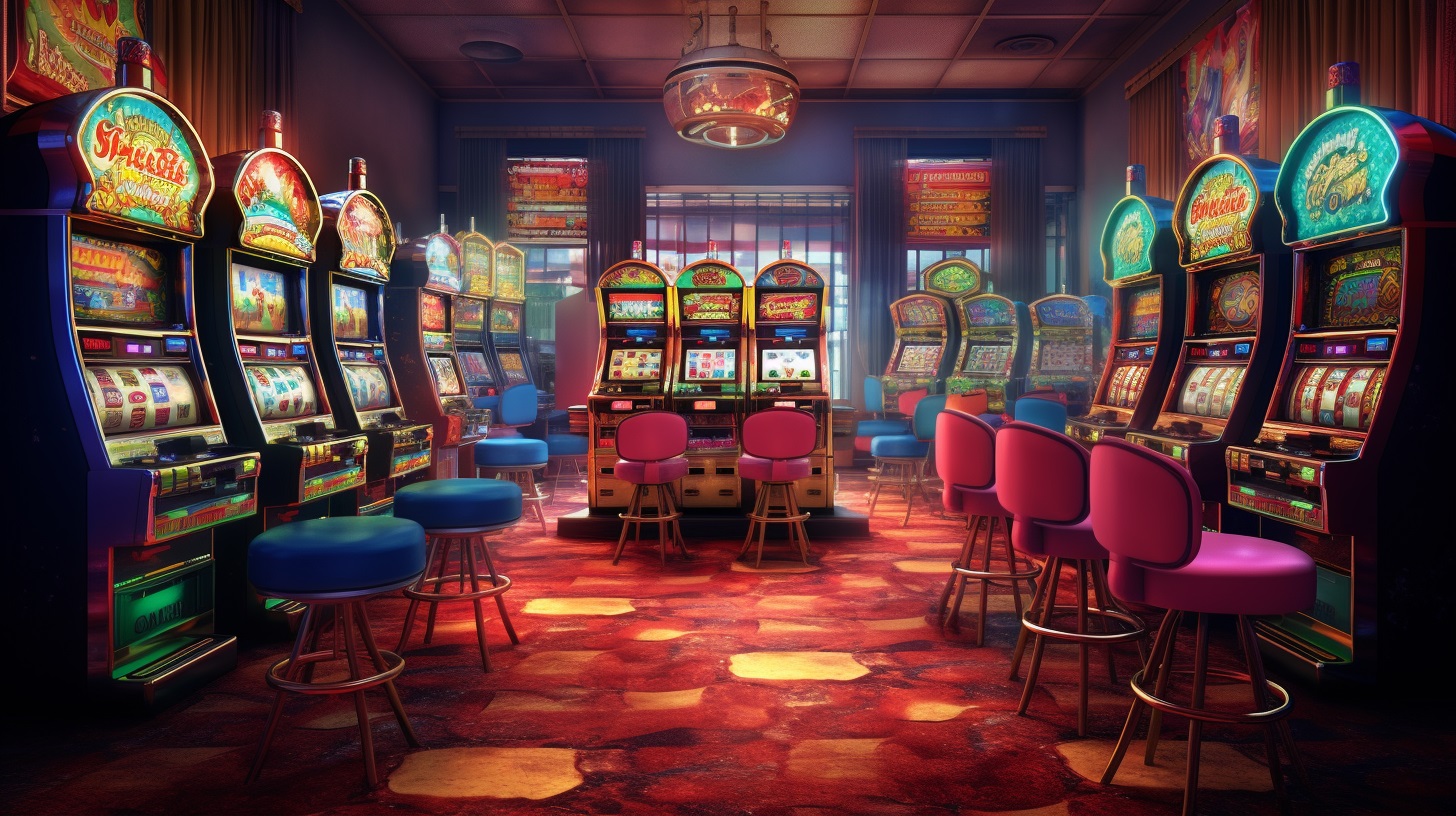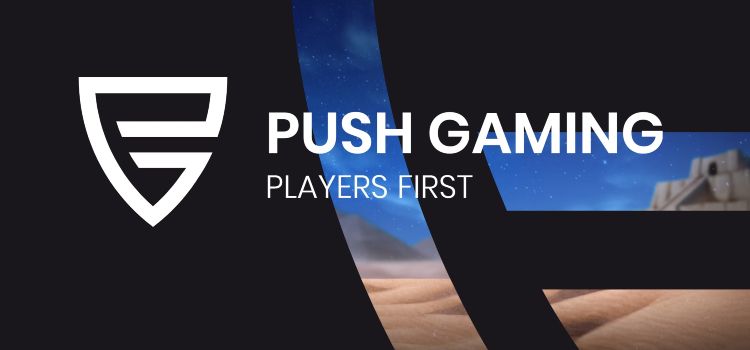The digital gambling landscape gives players a fundamental choice between two distinct gaming approaches: traditional algorithm-based games and live dealer experiences streamed from specialized studios. This decision significantly impacts everything from game pacing to social interaction opportunities. Many platforms offer free credit no deposit promotions, allowing players to explore both options without immediate financial commitment and providing valuable experience before making real-money wagers. These contrasting gaming models create distinctly different experiences despite offering identical games on paper. The technological approaches, human elements, and psychological aspects differ substantially between these formats, affecting player satisfaction and engagement levels.
Authenticity factor
- Live dealer games deliver tangible authenticity through real-time video streaming of professional dealers operating physical equipment. This authentic environment creates trust uncommon in standard digital games, as players witness actual cards being dealt or roulette wheels physically spinning rather than animations triggered by invisible algorithms. This transparency eliminates common concerns about random number generator fairness.
- Standard online casino games rely entirely on programmed algorithms that, while certified fair, lack the visual confirmation that builds immediate trust. The absence of visible physical processes leaves some players sceptical despite rigorous testing and certification protocols that ensure mathematical fairness in digital games.
Technical requirements
- Bandwidth demands – Live dealer games require substantial internet bandwidth for smooth video streaming, creating potential accessibility issues for players with connection limitations or data restrictions
- Device compatibility – Standard digital games run effectively on virtually any modern device, while live dealer games demand more processing power and screen size for optimal experiences
- Service disruption vulnerability – Video-based games face unique interruption risks from streaming problems that don’t affect algorithm-based alternatives operating primarily on local devices
The technical differences create necessary accessibility trade-offs. Standard digital games offer nearly universal access across devices and connection types, while live dealer options deliver superior experiences but require more robust technical infrastructure from players.
Game pace and betting windows
- Standard digital games operate at player-determined speeds, allowing rapid play without external timing constraints. This self-paced environment enables playing multiple hands per minute in card games or continuous slot spins without waiting for other players or dealer procedures.
- Live dealer formats operate at realistic casino speeds governed by physical dealing procedures and betting windows accommodating multiple simultaneous players. This pacing creates natural breaks between game rounds and prevents the rapid, continuous play possible in standard digital formats.
This pace difference significantly impacts both entertainment duration and potential loss rates. The forced pauses in live dealer games create natural reflection opportunities that may benefit players prone to extended gaming sessions. In contrast, standard digital games allow continuous play, potentially accelerating losses without these built-in breaks.
Social dimensions
The social components differ dramatically between these gaming approaches:
- Player-dealer interaction through live chat creates personal connections impossible in algorithm-based games
- Table sharing with other visible participants creates community engagement, missing from solitary digital play
- Dealer recognition of repeat players develops ongoing relationships, mimicking traditional casino experiences
- Professional environment standards ensure consistent positive social interactions, unlike unpredictable public chat spaces
These social elements transform the fundamentally identical games into distinctly different experiences beyond mere visual presentation. Many players choose live dealer formats for these interaction opportunities rather than gameplay differences. The selection of a gambling approach ultimately depends on individual player priorities, such as authenticity, pace, social engagement, and game selection. Both formats offer distinctive advantages, addressing different player preferences without a clear universal superiority.








